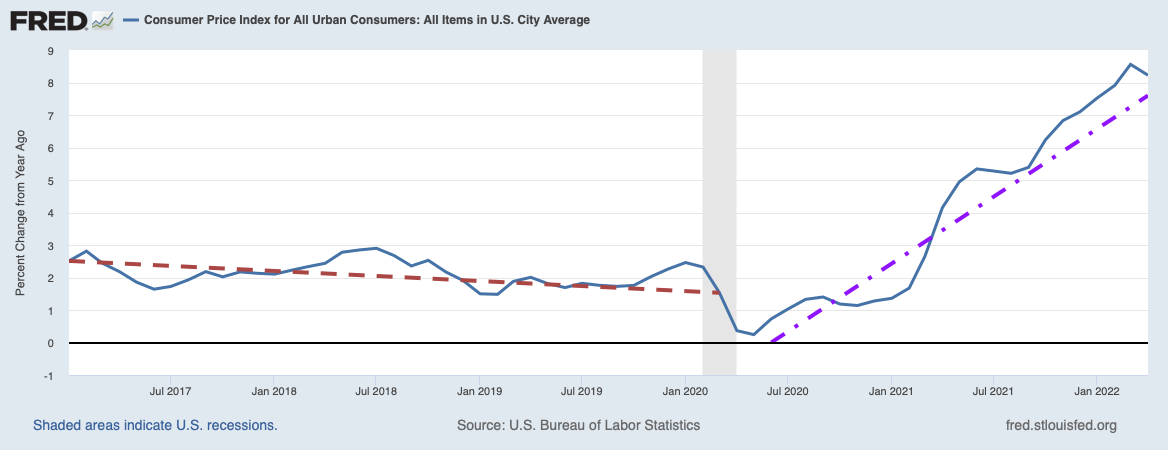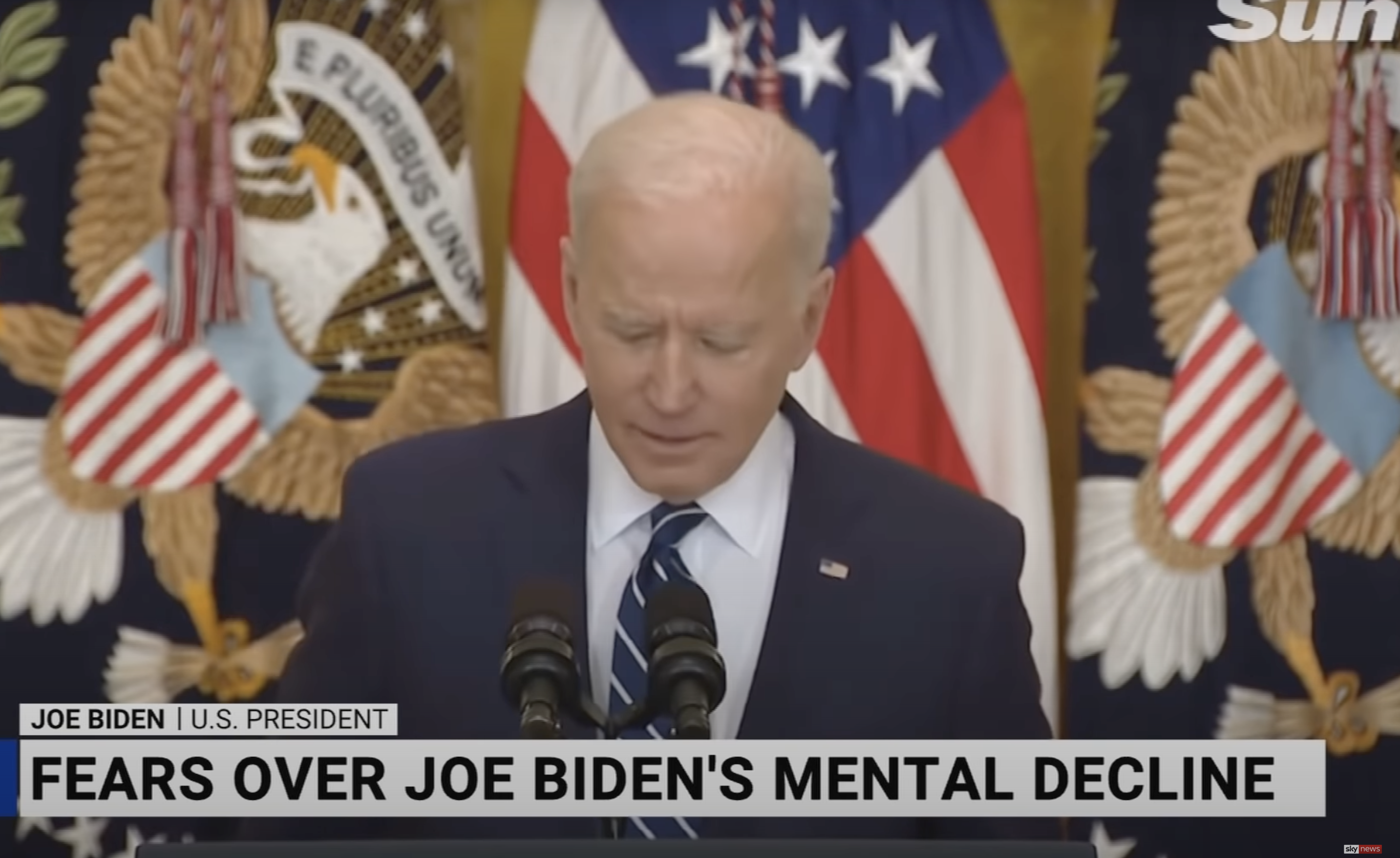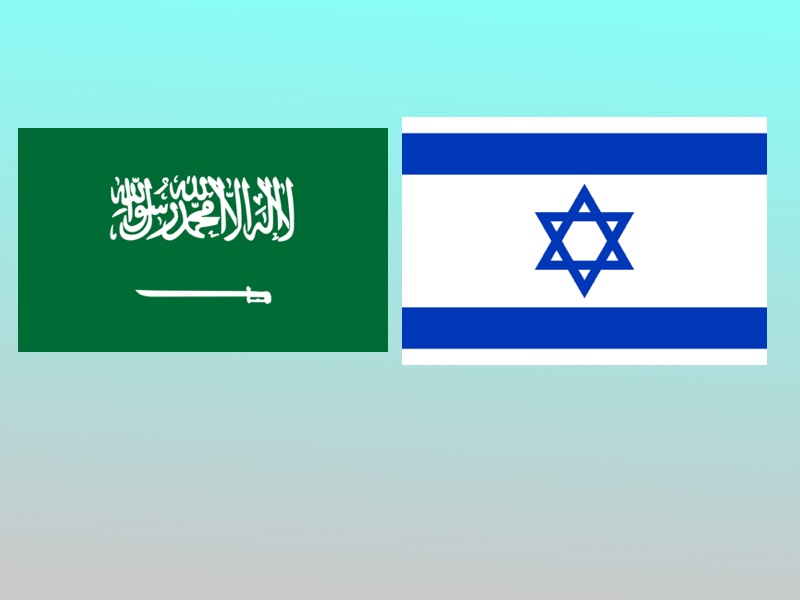Saudi Arabia and Israel: A Match Made in Heaven?
Flags of Saudi Arabia and Israel Image Credit: Wikimedia Commons
Saudi Arabia is suddenly finding itself very isolated and threatened internationally. At one time Saudi Arabia could count on the United States as an ally, but no longer. Ever since the Obama administration started courting Iran, the U.S. government has been ignoring and shoving Saudi Arabia aside while pursuing a nuclear agreement with Iran.
Yet Iran, a Shiite theocracy (putatively an Islamic republic) that carries the Shiite standard for jihad, has been a bitter enemy of Saudi Arabia, a Sunni kingdom, since the overthrow of the Iranian Shah in 1979. Following the Iranian Revolution of 1979, relations between the two countries deteriorated steadily, with Iran accusing Saudi Arabia of being an agent of the United States. Saudi Arabia has historically had close ties to both the United States and the United Kingdom, so it was natural for Iran to duplicate its hostility to the United States and the rest of the West with Saudi Arabia. Also, the traditional Wahhabi Sunni version of Islam practiced by Saudi Arabia grating on Iran’s Shiite version was guaranteed to generate hostility. During the Iran-Iraq war of 1980-1988, Saudi Arabia provided Iraq $25 billion to fight Iran. This mutual hostility has been displayed in other acts like the attempted assassination of the Saudi ambassador to the U.S. in 2011, and like the execution of the Shiite cleric Nimr al-Nimr by Saudi Arabia earlier this month. Al-Nimr was thought by the Saudis to be seeking “foreign meddling” by Iran for the benefit of Saudi Shiites, and his execution triggered Iranian demonstrations leading to the burning of the Saudi embassy in Teheran. Following the burning of its embassy, Saudi Arabia broke diplomatic relations.
Given all this hostility, it was only natural for Saudi Arabia to be fearful of Iran’s developing nuclear capability. A Wikileaks disclosure in November 2010 revealed that King Abdullah, Saudi Arabia’s monarch, pleaded with the U.S. to attack Iran and destroy its nuclear program. However, from the very beginning of his administration, President Obama has been fixated on drawing Iran into a dialogue with the United States. In fact, one of the hallmarks of Obama’s general foreign policy has been to engage all of the U.S.’ state adversaries in the hope of reducing hostilities and obtaining a degree of cooperation. This can be seen in the attempted “reset” of relations with Russia (also see The failure of the US-Russia reset in 9 photos), and the opening of diplomatic relations with Cuba, as well as in the nuclear deal with Iran. What the experience with Russia particularly should have taught Obama is to be very careful about not allowing wishful thinking about engagement to blind him to possible threats. It also should have taught him to be very careful about unintended side-effects.

Wikimedia commons/Tasnimnews
In the case of the Iran nuclear deal, one side-effect has been the alienation of the Saudis. The Saudis must see Obama’s attempted rapprochement with Iran only as opening the way to their nuclear destruction at Iran’s hands. It would be ironic if Obama’s capitulation to Iran resulted not only in an Iran with nuclear weapons, but also in the acquisition of nuclear arms by Saudi Arabia.
The abetting of an Iranian nuclear threat is not the only grievance Saudi Arabia has with the U.S. Saudi Arabia has been dismayed about the lack of American support for former Egyptian President Hosni Mubarak, a Saudi ally, during the so-called “Arab Spring”. The fall of Mubarak with the American turn against him must bring the Saudis thoughts about also being abandoned by Washington. That the U.S. did not include Saudi Arabia in secret initial negotiations on Iran’s nuclear program in 2013 could only have injured U.S.-Saudi relations. The Saudis must be feeling themselves very dispensable in the Obama administration’s eyes.
Of course, Saudi Arabia is not the only state to feel abandoned in Obama’s embrace of Iran. As Israeli Prime Minister Benjamin Netanyahu explained in his March 2015 speech to Congress, Israelis view Obama’s nuclear agreement with Iran as virtually assuring Iran will acquire nuclear weapons. Recent events seem to be validating Israel’s fears with the Iranian testing of Intermediate Range Ballistic Missiles (IRBMs), and with the question of whether or not Iran is to be allowed self-inspection of their military nuclear facilities. Israel also seems to be similarly alienated by Obama’s administration.
This similarity of the situations of Saudi Arabia, and indeed of other Arabian Gulf states, and of Israel has not been lost on any of these states. Israel, very quietly, has been courting all of the Sunni Gulf countries, particularly Saudi Arabia. With Israel being a sub rosa nuclear power and having other advanced military capabilities, Israel would seem to bring a lot to an alliance with the Gulf states. The convergence of Israel’s interests with those of Saudi Arabia and the other Gulf states appears to be growing. After the recent burning of Saudi Arabia’s Teheran embassy and their subsequent rupture of diplomatic relations with Iran, some Israeli legislators are publicly calling at least for an informal alliance with the Gulf states. One senior opposition member of the Israeli Parliament, Yzipi Livni, declared, “We have the same understanding of the region. This is the basis for an alliance.”
Given Muslim sensitivities on the Israeli-Palestinian conflict, any Israeli-Gulf Arab entente would probably remain informal and very quiet until Israeli problems with the Palestinians are resolved. Nevertheless, Saudi Arabia has had at least five secret meetings with Israel since 2014 to explore cooperation in reacting against the common foe of Iran. Last June they revealed this covert diplomacy at the Council on Foreign Relations in Washington. Also, since the overthrow of Egypt’s Islamist President Mohammed Morsi, Israel and Egypt have been growing closer with the sharing of intelligence on local activities of ISIS. In addition, Israel is in talks with Turkey to resume diplomatic relations. All Sunni Muslim powers having conflicts with ISIS would do well to obtain Israel’s military and economic support. The case for an alliance with Israel, whether formal or informal, is quite pragmatic. As a former national security advisor to Netanyahu, Yaakov Amidror, noted, “What we have with the Sunni countries is based on two common interests. They don’t like the Iranians. They are afraid of Islamism.” Yahweh, aka Allah, must be smiling on this alliance.
Views: 1,981





























